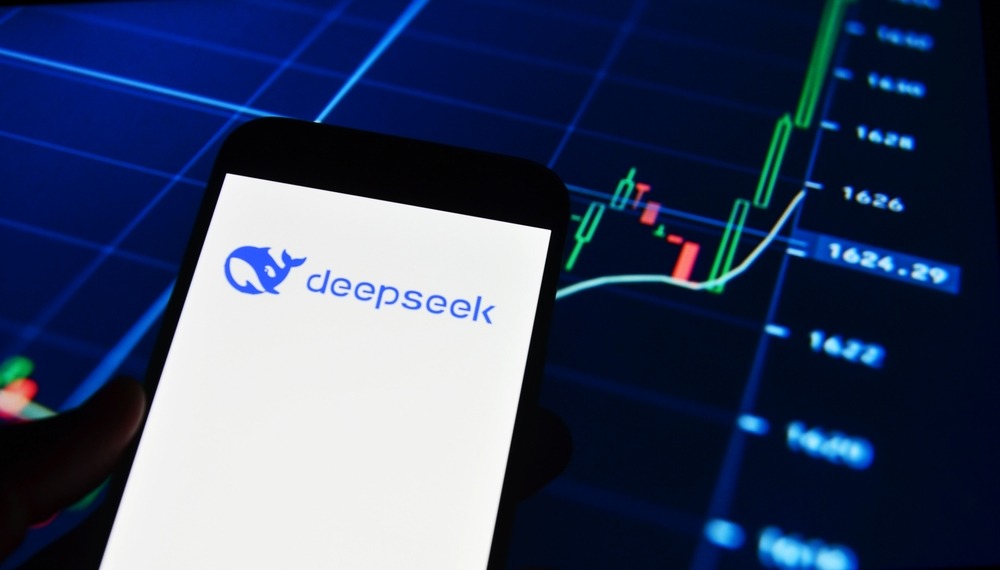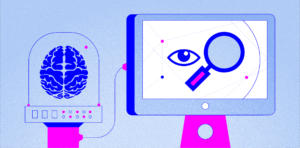How DeepSeek and Manus are Revolutionizing AI in Business

The Emergence of Chinese AI: DeepSeek and Manus AI
The recent arrival of the DeepSeek chatbot and the Manus AI autonomous agent has marked a significant moment in the AI landscape, particularly highlighting China’s rapid advancements in artificial intelligence. These innovations have quickly disrupted traditional Western models, causing a notable drop in the market value of U.S. tech companies.
Impact of DeepSeek and Manus AI
The launch of DeepSeek was especially striking, resulting in a $1 trillion loss in the market value of U.S. stocks almost instantaneously. The introduction of Manus AI further compounded the reactions in the tech industry, spurring a wave of uncertainty among established U.S. giants. With these new tools entering the market, businesses are left to assess their implications for the future of AI and the industries that rely on it.
DeepSeek is being viewed as a "Sputnik moment," a term that suggests a disruptive and unexpected advancement that could change the competitive landscape. With its promise of affordable and easily accessible AI, DeepSeek raises questions about the significant investments made by companies like Nvidia, who have focused on high-cost, high-power models.
Inside DeepSeek and Manus AI
DeepSeek: Redefining Access to AI
DeepSeek, developed by the Chinese startup Monica, is designed to be a lightweight and accessible AI model. It aims to challenge the conventional methods employed by Western companies, which often lean on expensive hardware and complex infrastructures. This model suggests that the future of artificial intelligence does not simply hinge on expensive technology but rather on smart design that optimizes performance and cost-effectiveness.
Manus AI: A New Approach to Problem Solving
Manus AI takes a different route, utilizing a multi-agent architecture that allows for more nuanced and specialized AI solutions. Instead of operating as a single monolithic system, Manus AI employs various sub-agents to tackle complex tasks efficiently—ranging from planning to knowledge retrieval. This capability enables decisions and task execution with minimal human intervention, effectively transforming how businesses can approach problem-solving.
Potential Shifts in the AI Landscape
As the tech market strives to regain stability, several shifts are likely to occur due to these innovations:
1. A New Era of AI Design
With its lower-cost structure, DeepSeek is setting the stage for changes in AI design principles. Instead of relying on extensive computational power, companies could benefit from streamlined, optimized models. This shift suggests future AI systems will be engineered to be more intelligent and efficient.
2. Specialization Over Superiority
Investments by major tech companies in AI have been substantial, projected to reach around $300 billion this year. However, the developments introduced by DeepSeek suggest that the focus should shift from simply having the largest models to finding tailored solutions that are better suited for specific business needs. This trend indicates a move away from generic models, emphasizing the importance of customization.
3. Proprietary AI Forms
By 2026, it’s feasible that many organizations will develop their own proprietary AI systems. The rise of small, specialized AI products demonstrates that companies don’t have to rely solely on established giants. Today’s startups can innovate without the burden of high infrastructure costs, which enhances competition and could lead to a broader distribution of AI technology across various sectors.
4. From Consumers to Creators
Manus AI is aimed at enhancing—not replacing—human intelligence. This opens up avenues for employees to actively participate in creating and modifying AI solutions, fostering a collaborative culture in the workplace. Businesses ready to invest in employee engagement in AI technologies can drive innovation and improve productivity.
5. The Importance of Risk Management
As more firms begin to build their own AI models, the role of ethics and risk management becomes critical. Companies will need to ensure compliance with regulations, data protection laws, and manage potential risks associated with the implementation of autonomous systems like Manus AI, which can have serious implications in case of errors.
The advent of DeepSeek and Manus AI signifies transformative potential in the AI sector. These tools not only promise cost-effective solutions but also bring forward ethical considerations and changing market dynamics that companies need to navigate as they adapt to this evolving technology landscape.





